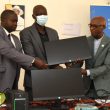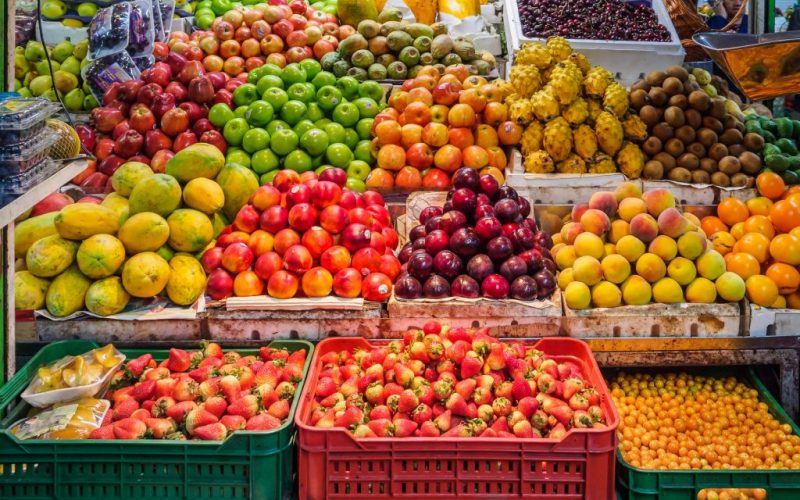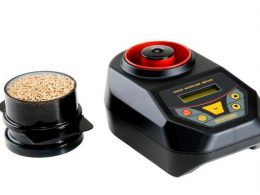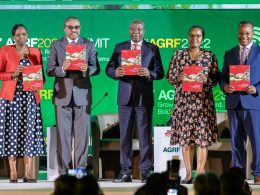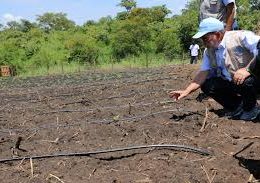By Mark Kawalya
A groundbreaking cooling system has been introduced in Uganda, offering fruit and vegetable vendors a solution to extend the shelf life of their produce and minimize waste. This initiative, particularly beneficial to female market vendors, will reduce food loss, boost their incomes, and contribute to a more sustainable food supply chain.
The innovative cooling system, developed through a collaboration between the African Women Agribusiness Network (AWAN) and the German Agency for International Cooperation (GIZ), enables vendors to preserve their fruits and vegetables for twice as long as usual. This means they can now avoid disposing of their produce after just two days, extending preservation to a week.
Geraldine Kyomuhangi, a market vendor at Ntinda New Market, expressed her excitement with the new system, noting that her clients prefer fresh produce. Prior to the implementation of the cooling system, a significant portion of her merchandise would go to waste.
“We are delighted to have the fridge. I am confident that our merchandise will remain fresh, allowing us to restock overnight. Now, we can offer fresh watermelons, pineapples, broccoli, and more.” She noted.
This initiative comes at a time when the United Nations’ Food and Agriculture Organization (FAO) highlights that the majority of food loss in African countries, including Uganda, occurs between harvest and the point of sale, with relatively less waste by consumers after purchase.
According to Bringo Fresh, a Uganda-based company connecting farmers and buyers, Uganda alone wastes 10 million metric tons of fresh produce worth Ugx 16 billion annually. This staggering amount could provide nourishment for the 23 million lower-income Ugandans lacking adequate nutrition.
The cooling system, stationed at Ntinda Stretcher Market, primarily occupied by over 80% women in the vegetable and fruit section, operates on solar power and has a cooling capacity of three tonnes at 12 degrees Celsius. Joyce Atuhaire, Chairperson of AWAN, shared that their inspiration for developing this system came from conducting a baseline study in various markets in Kampala, which revealed that losses predominantly occur at the market level, accounting for 30% of total wastage. Akilis Karungi, an official from GIZ, emphasized the need to extend this technology to areas lacking high-grid cooling systems.



